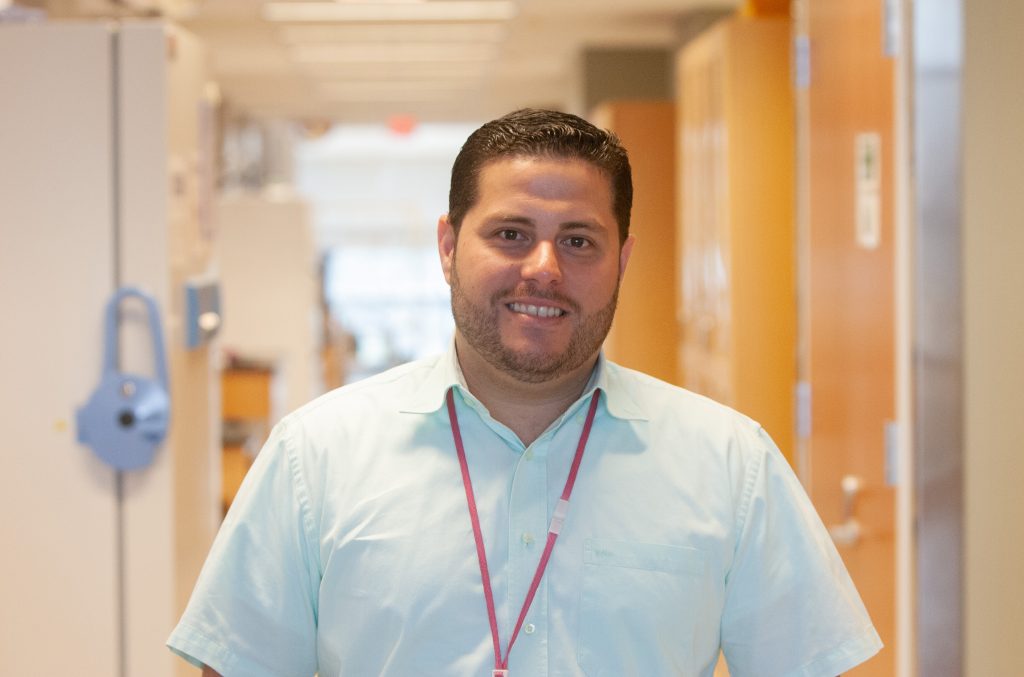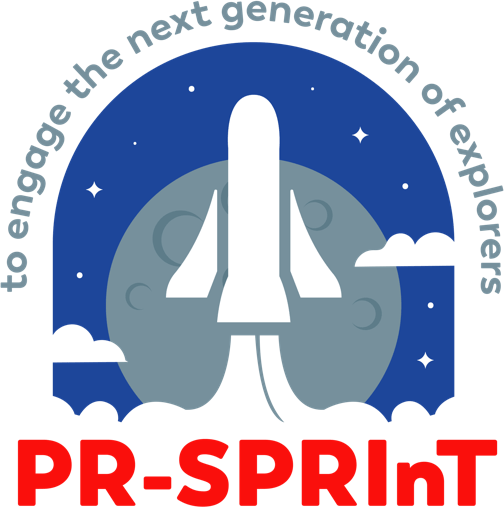After going through an arduous selection process and competing against over 50 proposals from different parts of the United States, Dr. Eduardo Nicolau, professor at the College of Natural Sciences of the University of Puerto Rico, Río Piedras Campus (UPR-RP), secured, along with four other researchers, a three-million-dollar grant.
The project, called NASA MIRO: PR-SPRInT (Puerto Rico Space Partnership for Research, Innovation and Training to Engage the Next Generation of Explorers), will span a period of three years. Grant funds will be received in installments of one million dollars per year. The proposal was among eight chosen through a competitive evaluation method.
The project, which will be funded by the National Aeronautics and Space Administration (NASA), seeks to contribute to the development of new technologies that will, in turn, promote the advancement of future space missions and enable the agency to reach its goal of returning to the moon.
The project will support ten graduate students—eight from the Río campus and two from the Mayagüez campus. It will also support thirteen undergraduate students from the Río Piedras, Mayagüez, and Cayey campuses, as well as students from the Gurabo campus of Ana G. Méndez University.
According to Dr. Nicolau, selected students will undergo training in entrepreneurship and commodification, and they will contribute to the development of important technologies related to the physical sciences and chemistry. These students will be under the strict supervision of the participating professors, who, along with Dr. Nicolau, will lead the research project. Students must have a minimum 3.0 GPA; they must submit an essay about their personal and professional goals; and they must belong to the Chemistry, Biology, Physics, or Architecture programs.
Participants will also collaborate with students and educators from the School of Architecture of the UPR-RP with the purpose of generating prototypes that could be marketed, according to Dr. Nicolau.
The professor and mentor added that for this to be possible, Dr. Rafael Vargas Correa, director of the Fabrication Laboratory (FabLab) and professor in the School of Architecture, will be in charge of providing the necessary tools for science students to learn basic concepts in 3-D design and fabrication, laser cutting, and others.
With this project, which will take place on the Río Piedras campus, participating researchers hope to develop technologies that could improve people’s lives, Nicolau added.
Other collaborators include Professor Manuel Lobato from the Department of Finance, College of Business Administration, and Professor Javier Rodríguez, from the Graduate School of Business Administration, Río Piedras campus. Jordi Maura, professor at the Carolina campus, will also collaborate.








